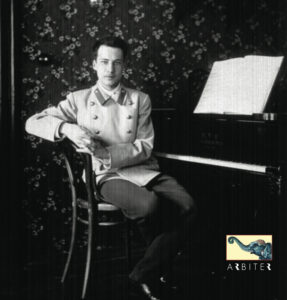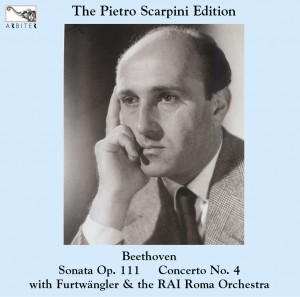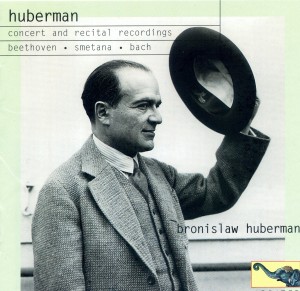
Russian Visionaries: from Glinka to the Firebird
- In 1850 Russia had one major composer and several piansts but within sixty years their music scene dominated the world's concert halls. We bring to light Stravinsky enrapt in a state of ecstacy while conducting a work by his mentor Rimsky-Korsakov. Our latest expedition follows pioneers who sought to either imitate Western music or excavate native Pagan, Mythic, and Central Asian sources. When Tchaikovsky's violin concerto hit Vienna, a critic wrote: "We know that in contemporary literature there have started to appear works whose authors love to reproduce in detail the most repulsive physiological phenomena, including foul smells. One might describe literature of that kind as stinking. Well, Tschaikowsky has shown us that there can also be stinking music." Musorgsky instead deprecated Westerners: "A German, when he thinks, starts by analyzing, then demonstrates, while our Russian brother starts by demonstrating, and only then amuses himself by analyzing." Performances include lost recordings by Erica Morini, Georg Szell, Alfred Hoehn, Rachmaninoff, Issay Dobrowen, Albert Coates, Michael Zadora, Konstantin Igumnov, Alexander Kamensky, Oskar Fried, Igor Stravinsky himself, and Vladimir Sofronitsky. Sounds and text follow a path that not only overturned the West's musical hegemony but became a risk to a Soviet regime that tried to recast them into obedient fodder for their obligatory Socialist Realism cult.









